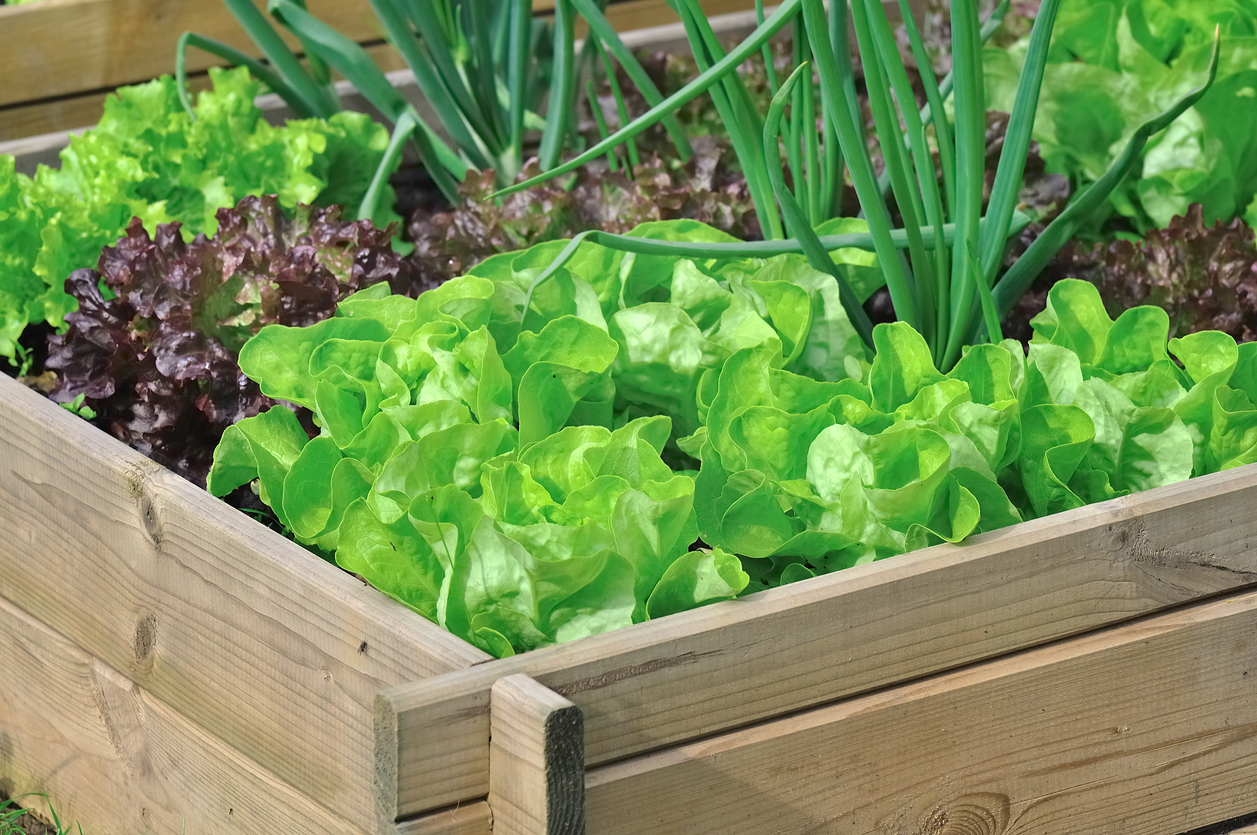I love lettuce. It’s so easy to grow, it’s ready to harvest pretty quickly, and the multitude of varieties have so many different qualities. Who can deny the appeal of crunchy, slightly sweet lettuce on a sandwich? I also admit there’s something that bugs me: How does lettuce get E. coli?
